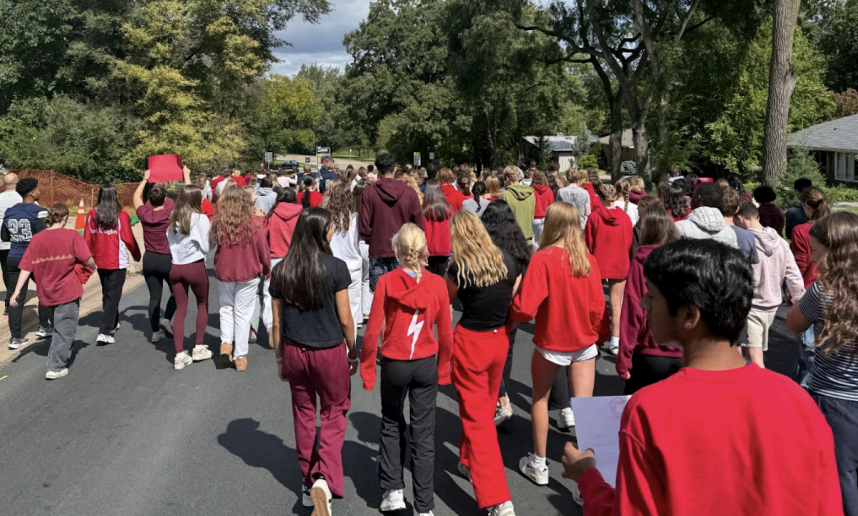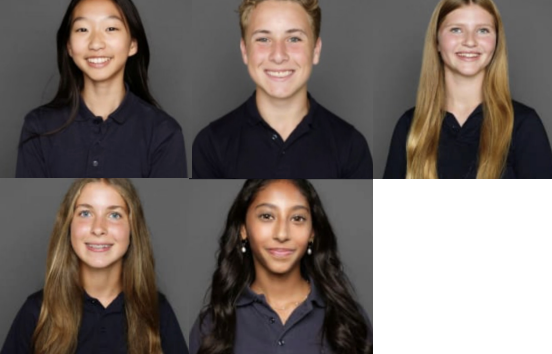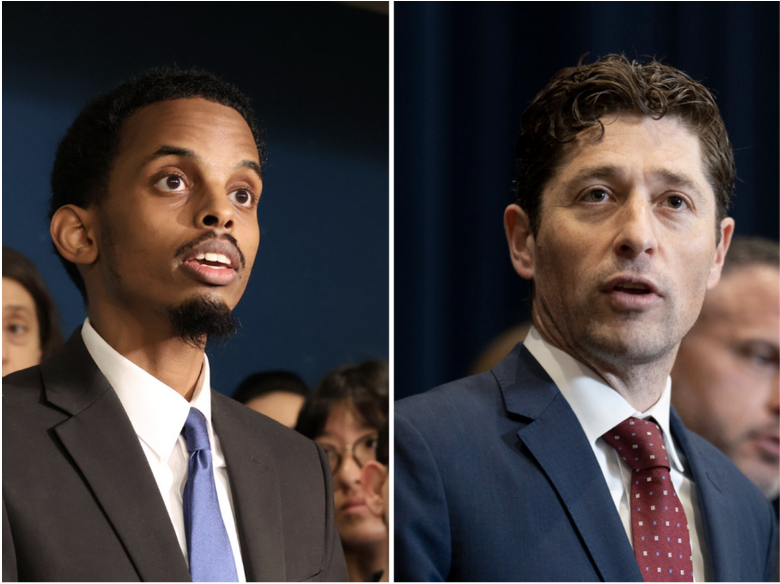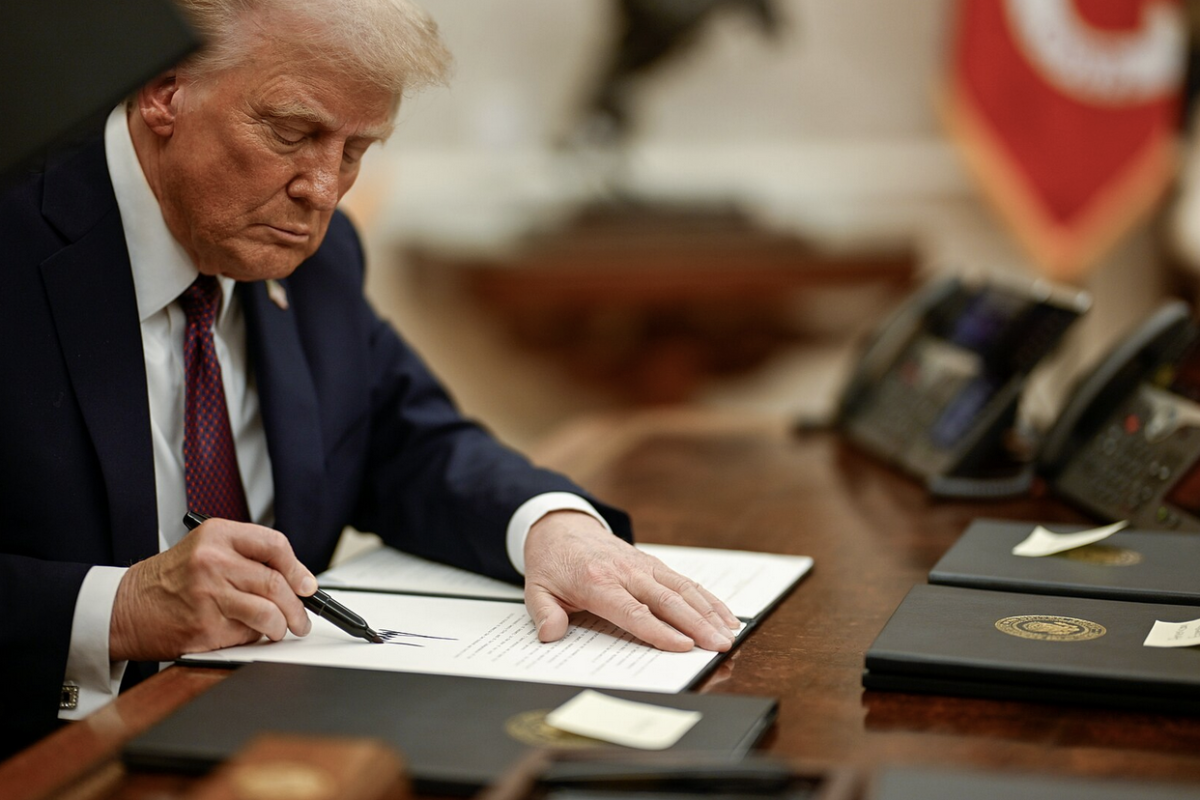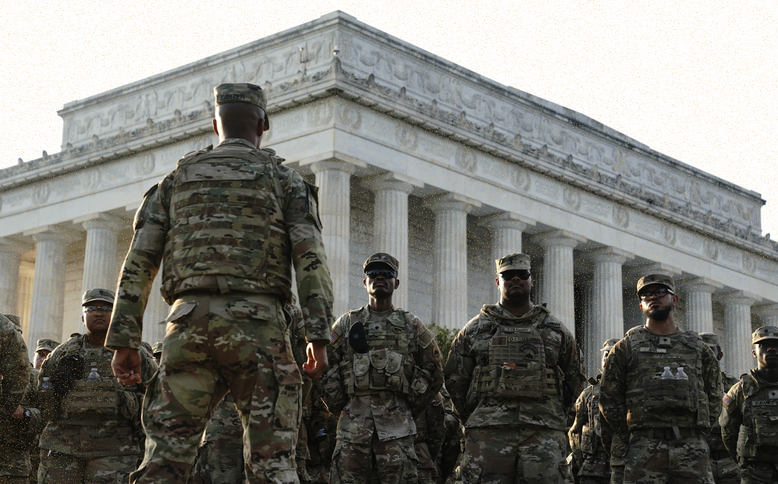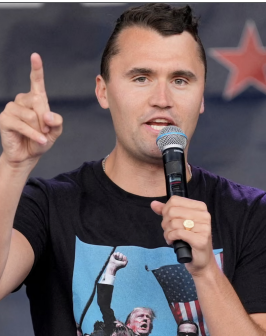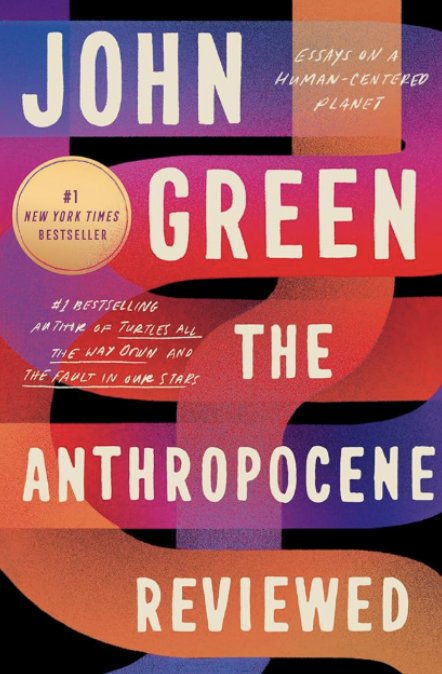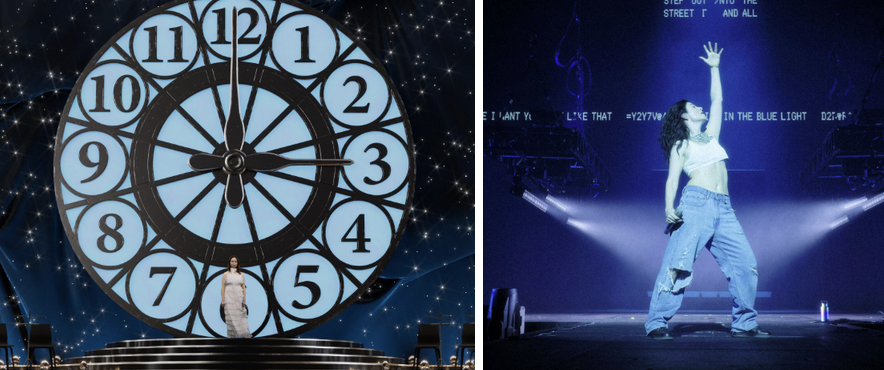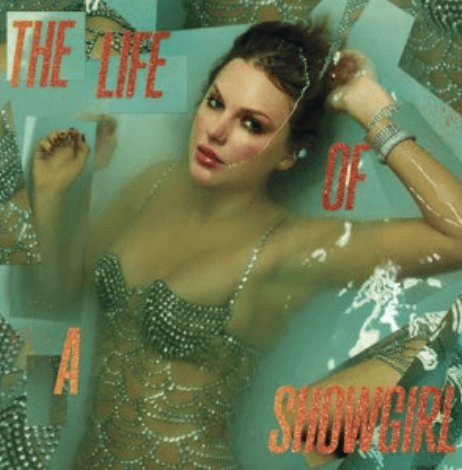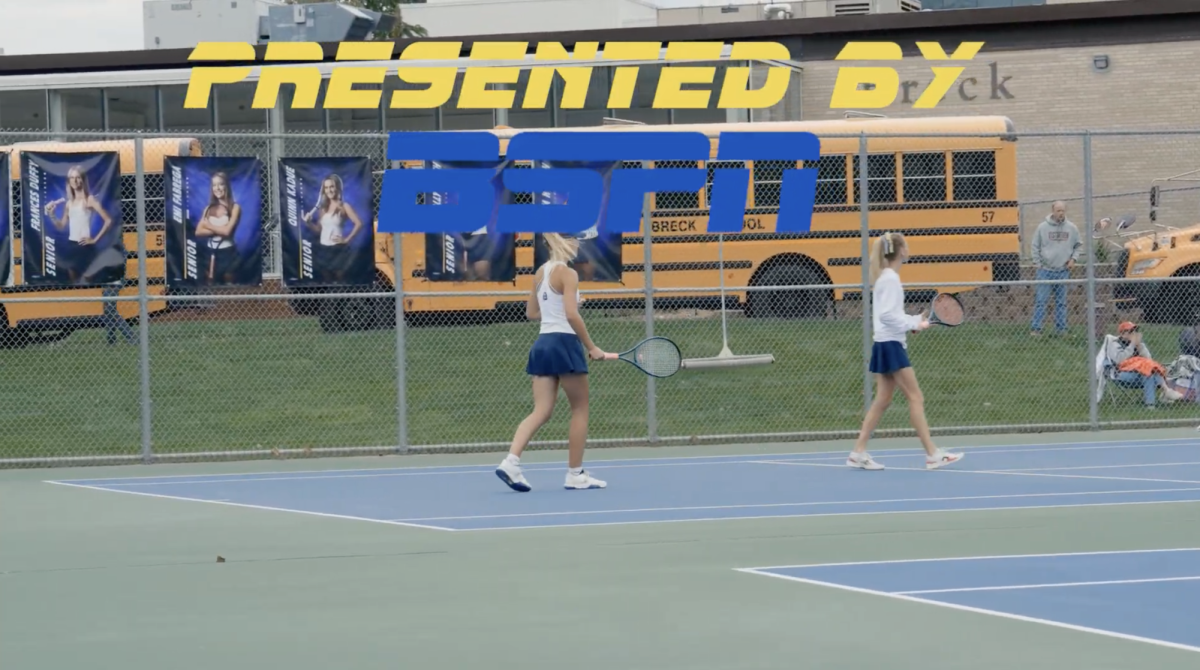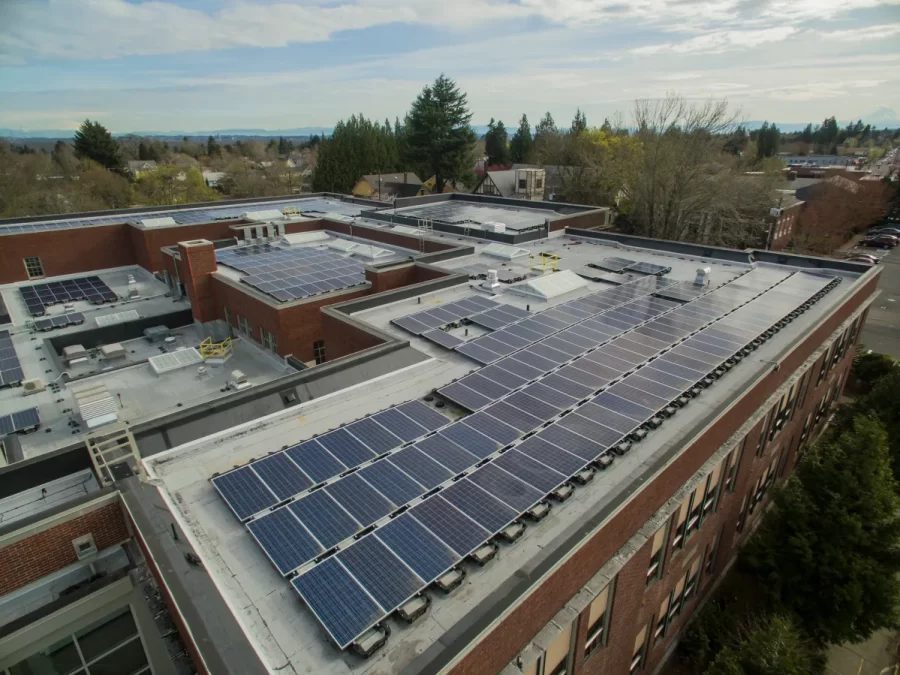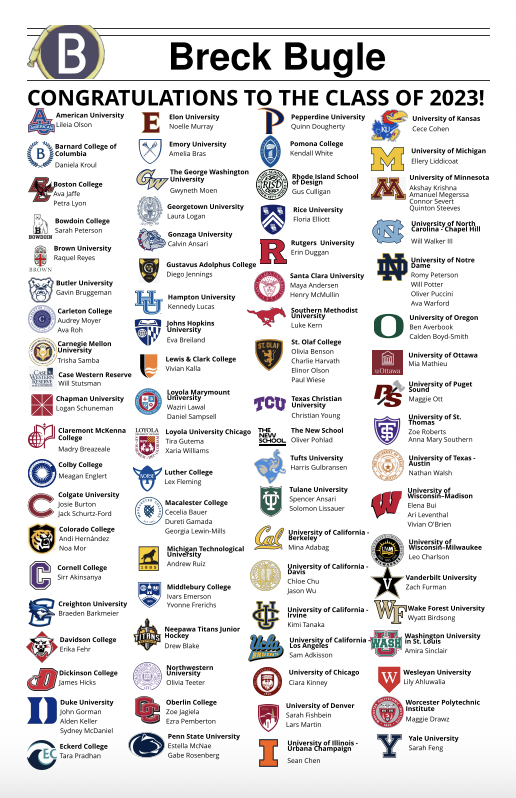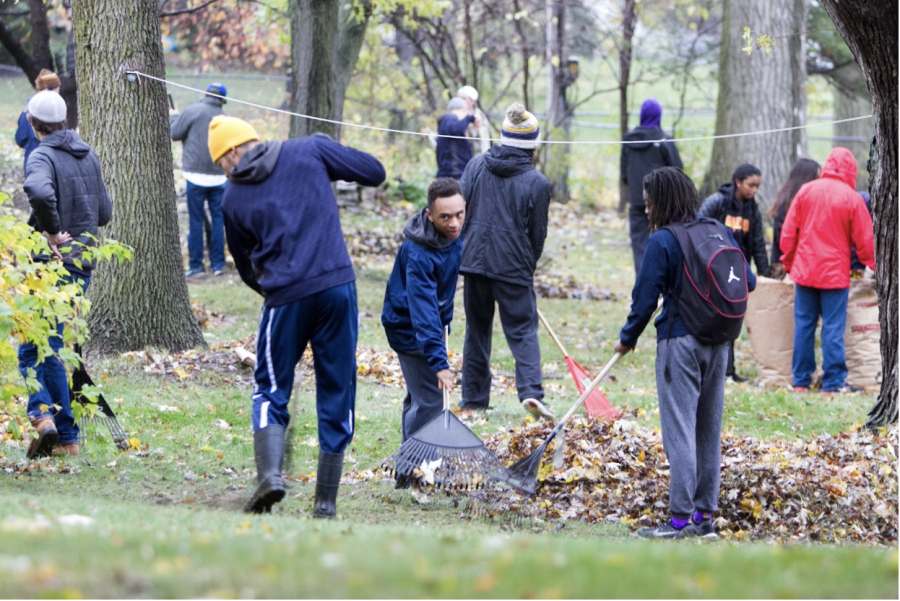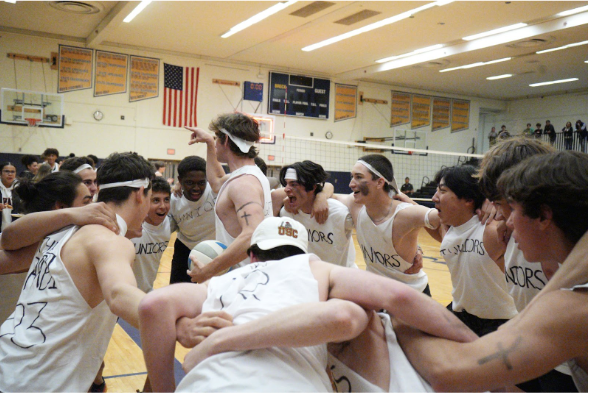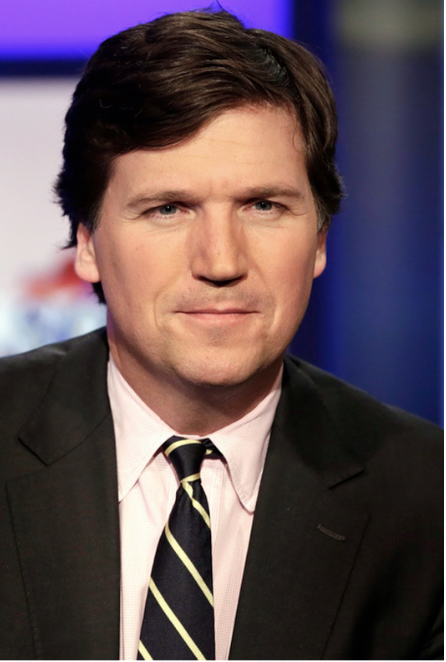The 2024 Olympic Games were held this summer in the heart and heat of Paris, filled with many hilarious, historic and iconic moments. The Games were held from the 26th of July to the 11th of August, with 10,500 athletes, representing 206 territories and a Refugee team, participating in 32 sports in total. Each sport had their fair share of notable moments. Some highlights include the US Women’s Rugby team winning their first Olympic medal, Swedish pole vaulter Armand Duplantis breaking his own world record, Noah Lyles, Sydney Mclaughlin, and Katie Ledeckey winning numerous new medals, and Simone Biles’ comeback after stepping away from the Tokyo Olympics in 2021. In addition, new internet meme’s like, Hendrik Christiansen (the muffin man), Raygun (the Aussie breakdancer) and Stephen Nedorosik (the pommel horse guy).
The United States, once again, came home with the top spot, bringing home 126 total medals, including 40 gold. The U.S. is often the most dominant country in the Olympics, having gotten the most medals 19 times out of their 29 Olympic appearances. Some may wonder why this is, but others obviously point out it is due to the sports culture in the U.S.. Americans have extremely competitive programs filled with some of the world’s best facilities. China was an overall second with 91 medals, but tied the US for the most gold medals. Great Britain was third, coming away with 65 medals, 14 of them being gold. The home heroes of France came just short of a podium team spot with 64 medals, and 16 gold. There were also several countries who earned their first-ever Olympic medals, including the refugee team with boxer Cindy Ngamba, and Saint Lucia, winning gold in the women’s 100m sprint with Julien Alfred.
With tech being a part of our lives more than ever, social media also played a key role in the olympics. This year in particular, you might have noticed countless olympic-adjacent videos and posts on your feeds across social media, creating the feeling that the olympics are everywhere. Prior to Paris, there were several restrictions upon athletes and what was allowed to be posted on socials when it came to the Olympics. According to the New York Times, this was due to broadcasters not wanting people to take away from their views and “the closely guarded intellectual property of the ‘Olympic Rings.'” However, going into Paris, these restrictions were made much more relaxed, allowing athletes such as the ‘the muffin man’ (Norwegian athlete Hendrik Christiansen who went viral for his love of the Olympic Village’s chocolate muffin) and others to post about their Olympic experience and create personalities in similar ways influencers would. Fortunately, this had the opposite reaction broadcasters previously thought, instead of socials taking away from their views, they enhanced them. According to the New York Times, Peacock viewership of the Games went up 77% compared to the Tokyo Games, with 36% of those people saying they tuned in after seeing clips of the Olympics on social media.
The Paralympics were also held this summer from August 28 to September 8. Nearly 4,400 athletes from 160 countries showed grit and determination. Just like at the Olympics, the many Paralympians saw a lot of success. American Oksana Masters is now a 19-time Paralympic medalist, with medals from four different sports spanning both the winter and summer Paralympics. Zakia Khudadadi won the Refugee Paralympic Team’s first ever medal, taking the bronze in para Taekwondo. As for the overall medal count, China led the way with 220 medals, including 94 golds. Second place was taken by Great Britain with 124 medals, and the United States came in third with 105. More people watched the Paralympics this year than ever before, with viewership increasing by 125% from the Tokyo Paralympics. Additionally, this year was the first time all 22 Paralympic sports were broadcasted live.
Now that the Paris Olympics have come to an end, all eyes are on Los Angeles. L.A. will host the 2028 Summer Olympics for the first time since 1984. The city has a plan to make multiple changes in their infrastructure to make their Olympics the best one yet, including investing in public transportation to decrease the number of cars going to the Games and building more than 18,000 new units to work towards eliminating street homelessness. Even with all of those changes, they have decided not to build any new permanent sports venues, which is a first in Olympic history. The city hopes to represent many aspects of their culture, including fashion, food, and Hollywood. But before then, the Winter Olympics will be held in just over 2 years, in Milan and Cortina d’Ampezzo, Italy.
